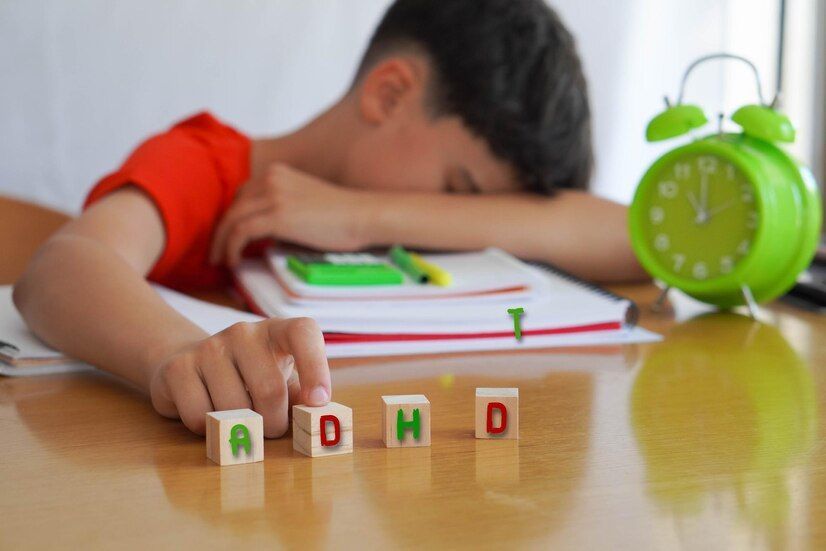The Importance of Counseling for ADHD Management
Author name
While medication is often a key component of ADHD treatment, counseling plays a crucial role in managing the condition effectively. This article explores the need for counseling in ADHD cases and its benefits.

The body content of your post goes here. To edit this text, click on it and delete this default text and start typing your own or paste your own from a different source.
CATEGORIES

Sexual violence remains widespread, with over 50% of women and 30% of men affected. Male survivors face legal and cultural barriers, especially in patriarchal societies like the Philippines. Advocacy is shifting toward inclusive survivor support, consent education, and trauma-informed justice systems.

PTSD affects millions, with 70% of people experiencing trauma in their lifetime. Treatments like CBT, EMDR, and VR exposure therapy show promise, with response rates up to 85%. APA guidelines now emphasize contextualized care and symptom diversity. Psychedelic-assisted therapy is gaining traction in clinical trials.

Sexual violence remains widespread, with over 50% of women and 30% of men affected. Male survivors face legal and cultural barriers, especially in patriarchal societies like the Philippines. Advocacy is shifting toward inclusive survivor support, consent education, and trauma-informed justice systems.

PTSD affects millions, with 70% of people experiencing trauma in their lifetime. Treatments like CBT, EMDR, and VR exposure therapy show promise, with response rates up to 85%. APA guidelines now emphasize contextualized care and symptom diversity. Psychedelic-assisted therapy is gaining traction in clinical trials.

Physical abuse remains pervasive, especially among elderly and women in intimate relationships. In the Philippines, 17.5% of women aged 15–49 report violence from partners. Legal frameworks are evolving, but cultural stigma and underreporting hinder justice. Advocacy focuses on intersectional approaches and trauma-informed law enforcement.

With over 280 million affected, depression remains a leading cause of disability worldwide. Suicide rates are rising, especially among underserved populations. Innovations include AI-enhanced diagnostics, peer-led support models, and psychedelic-assisted therapy trials. The urgency for systemic reform and funding is louder than ever.

Therapy is more flexible, inclusive, and tech-enabled than ever. Virtual platforms are mainstream, and early intervention for youth is a global priority. Counselors now integrate creative modalities, cultural sensitivity, and trauma-informed care. The APA highlights political shifts and systemic reform as key influences on the field.

Anxiety disorders remain the most common mental health condition globally, affecting over 300 million people. Gen Z leads the charge for transparency and access, but care gaps persist. Trends include mindful tech, radical stability, and community-based interventions. Sleep optimization and digital detoxing are emerging self-care strategies.

Anger is no longer seen as a personal flaw—it’s a public health concern tied to cardiovascular risk, substance abuse, and violence. With rising workplace aggression and online hostility, 2025 emphasizes emotional regulation training, restorative justice, and trauma-informed conflict resolution. New research links gut health and exercise to mood stabilization.



